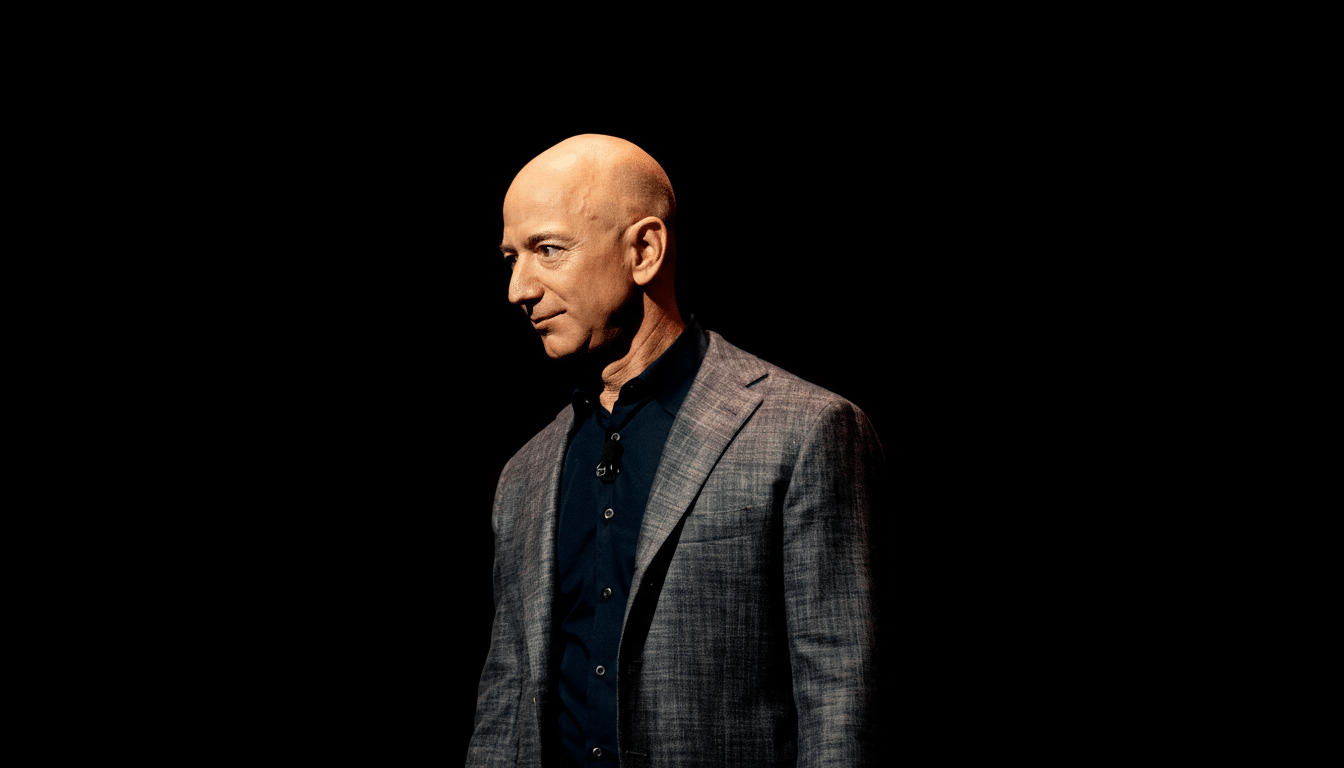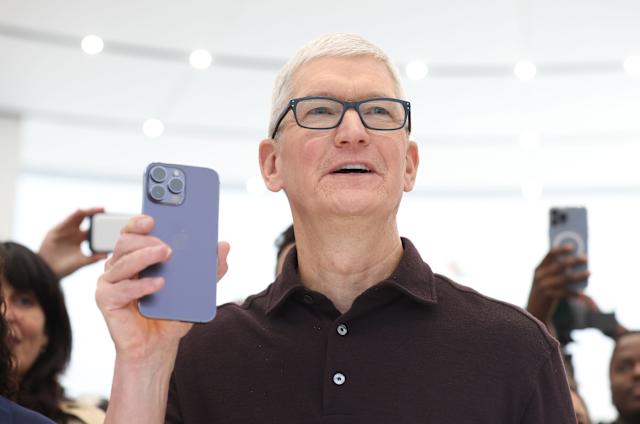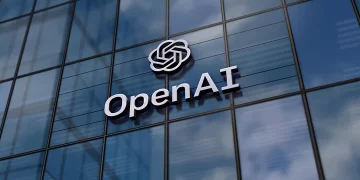Jeff Bezos, the billionaire founder of Amazon and one of the world’s most influential tech figures, is reportedly stepping back into an active executive role with the launch of a new artificial intelligence startup. The venture, which is said to operate under the name Project Prometheus, marks Bezos’s most significant return to hands-on leadership since stepping down as Amazon’s CEO in 2021. According to reports, Bezos will serve as the startup’s chief executive officer, positioning himself at the center of what may become one of the most consequential AI efforts of the decade.
The move represents more than just a new business interest; it signals Bezos’s intention to play a defining role in shaping the next era of AI innovation. While many major figures in the tech world have already staked claims in the generative AI race, Bezos’s reported launch of a new venture suggests he is seeking not merely to participate, but to lead—and on his own terms.
A Vision Built Around “Real-World” AI
Unlike many of today’s headline-grabbing AI companies, which primarily focus on large language models, chatbots, and digital assistants, Bezos’s startup is reportedly centered on what insiders describe as “AI for the physical economy.” This includes AI systems designed for complex engineering tasks, manufacturing optimization, automation in physical production lines, and advanced simulation for industries such as aerospace, automotive, and heavy machinery.
This focus is consistent with Bezos’s long-standing belief in the transformative potential of technology that interfaces directly with the physical world. At Amazon, robotics, logistics automation, and machine-learning-driven inventory systems formed the backbone of the company’s global dominance. His investment firm has also shown interest in companies that aim to improve industrial performance through automation. Launching an AI company that integrates the digital and material realms feels like a natural evolution of his vision.
A New Center of Gravity in the AI Race
The reported scale of the startup is already drawing attention. Early information suggests that Bezos has assembled a team of elite engineers and researchers, drawing talent from leading AI labs and major research universities. The company has allegedly hired experts with experience in machine learning, robotics, computational physics, and large-scale optimization—fields essential to building AI systems that don’t just generate text or images, but can design, test, and refine physical products.
This emphasis on applied AI could set Bezos’s company apart in a crowded industry. While competitors battle for dominance in consumer-facing products, Project Prometheus appears focused on industrial transformation—a market worth trillions, and one that is historically much slower to adopt new technology. If the startup’s technology proves reliable and scalable, it could effectively become a new backbone for global production and engineering.
The timing of Bezos’s move is also notable. The AI sector has grown intensely competitive, with tech giants, startups, and research labs pushing rapid advancements. Yet the field remains wide open when it comes to applying AI to engineering, robotics, and manufacturing—areas that require not just raw computational power, but deep domain expertise and sophisticated physical testing. This gap could give Bezos’s startup room to innovate where others have not yet ventured.
Bezos’s Return to the CEO Role
Perhaps the most striking element of the report is Bezos’s decision to serve as CEO. After spending several years focusing on philanthropy, space exploration, and personal projects, Bezos appears eager to return to a more active, operational role. For someone who has often described himself as an engineer and builder at heart, leading a cutting-edge AI company may offer precisely the kind of challenge he thrives on.
The decision also signals a shift in how Bezos may view his legacy. While Amazon remains one of the world’s most powerful corporations, the rapid acceleration of AI has altered the technology landscape dramatically. By launching a new AI startup under his direct leadership, Bezos seems intent on ensuring that he remains a central force in the next transformative era of technology.
Strategic Synergies with Other Bezos Ventures
Although little is officially known about the startup, observers have speculated that its work could closely align with Bezos’s other major interests—particularly space exploration through Blue Origin. Advanced AI could dramatically accelerate spacecraft design, materials testing, propulsion optimization, and even off-planet manufacturing. If Project Prometheus produces the kinds of engineering breakthroughs some expect, the implications for aerospace could be profound.
Moreover, Bezos’s experience building globally integrated supply chains may inform how the startup approaches real-world applications. AI systems designed to optimize production, predict failures, or improve energy efficiency would have immediate value across numerous industries, potentially allowing the startup to scale rapidly once its technology matures.

A New Chapter in the Tech Landscape
The announcement has already sparked conversations about what Bezos’s return means for the broader tech industry. With AI shaping up to be the defining technology of the century, having one of the world’s most accomplished builders re-enter the competitive arena adds new pressure—and new potential for innovation.
Bezos’s reputation for long-term thinking, willingness to invest heavily in breakthrough ideas, and focus on practical applications could set his startup on a distinct trajectory compared to more speculative AI ventures. While much remains unknown, the combination of vision, capital, and leadership suggests that Project Prometheus may quickly become a major player.
As the AI landscape continues to evolve at breathtaking speed, Jeff Bezos’s reported launch of a new AI startup stands out as a defining moment. Whether his latest venture will reshape entire industries or simply add another high-profile competitor to the mix remains to be seen. But one thing is clear: Bezos is not content to watch the AI revolution from the sidelines. He intends to help lead it.












